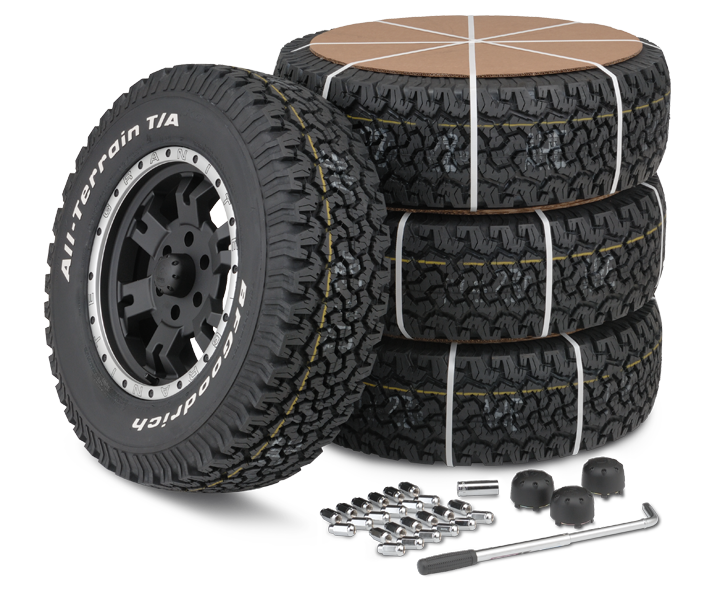Top Quality Tire Shop Morris: Your Go-To Destination for Tire Requirements
Top Quality Tire Shop Morris: Your Go-To Destination for Tire Requirements
Blog Article
Tire Solution: Recognizing Tire Pressure Tracking Systems
Recognizing Tire Pressure Monitoring Systems (TPMS) is a vital facet of keeping optimum automobile performance and safety when traveling. With advancements in auto innovation, TPMS has ended up being a common attribute in contemporary cars, supplying real-time details on tire stress degrees. Diving much deeper right into the intricacies of TPMS, one can reveal the various components that make up this system and the importance of each in ensuring accurate monitoring. From direct to indirect TPMS systems, the landscape of tire pressure monitoring is varied, each with its distinct collection of factors to consider and advantages. Stay tuned to unwind the complexities of TPMS, from upkeep tips to the undeniable advantages of maintaining your tires properly inflated. tire shop morris.

Relevance of TPMS
The relevance of Tire Stress Tracking Systems (TPMS) lies in their ability to boost vehicle security and efficiency via real-time monitoring of tire stress levels. Keeping the right tire stress is important for ensuring optimal handling, braking, and general safety of an automobile. TPMS provides chauffeurs with prompt feedback on any overinflated or underinflated tires, permitting timely adjustments to be made.
Components of TPMS
Sensing units are generally situated in the tire valve stem or affixed to the wheel setting up, where they measure tire pressure and transmit data to the control module. Some advanced TPMS versions likewise show the actual tire stress analyses for each tire, supplying chauffeurs with real-time information to guarantee optimal tire efficiency and safety. By monitoring tire stress continuously, TPMS aids avoid crashes, minimizes tire wear, and enhances fuel performance, making it a crucial part for vehicle security and performance. mopar tire service specials.
Kinds Of TPMS

On the other hand, indirect TPMS counts on the lorry's wheel speed sensing units to keep track of tire pressure. This system detects underinflation by contrasting the rotational rates of the wheels. Indirect TPMS is less expensive linked here than direct TPMS, as it makes use of existing sensors within the car.
While direct TPMS provides more exact readings, indirect TPMS is simpler in style and typically requires less upkeep. Both systems have their advantages and constraints, and the choice in between them usually relies on factors such as cost, automobile make, and personal preference. Understanding the differences in between these two kinds of TPMS can aid car proprietors make informed decisions relating to tire upkeep and safety.
TPMS Upkeep Tips
Conduct routine checks on the tire pressure levels and compare them with the TPMS analyses to ensure they are consistent. Throughout tire turning or replacement, make certain that the TPMS elements are handled thoroughly to prevent any kind of prospective damage. If the TPMS advising light illuminates on the control panel, address the issue without delay by inspecting the tire stress and the overall system for any faults.
Advantages of Proper Tire Pressure
Preserving appropriate tire pressure, as highlighted in TPMS Maintenance Tips, is essential for enjoying the countless benefits connected with optimal tire pressure levels. Furthermore, proper tire pressure makes this sure also tire wear, navigate to this website expanding the life expectancy of the tires and advertising more secure driving conditions. In verdict, the advantages of proper tire stress go beyond simply tire durability; they include improved gas performance, improved safety, better car performance, and overall driving convenience.
Final Thought
In conclusion, understanding tire pressure surveillance systems (TPMS) is important for preserving optimum tire pressure and making certain car safety. By identifying the value of TPMS, knowing with its parts, understanding the different kinds readily available, adhering to proper maintenance tips, and understanding the advantages of preserving correct tire pressure, vehicle drivers can enhance their driving experience and lengthen the lifespan of their tires. Proper tire stress is essential to risk-free and effective car operation.

Report this page